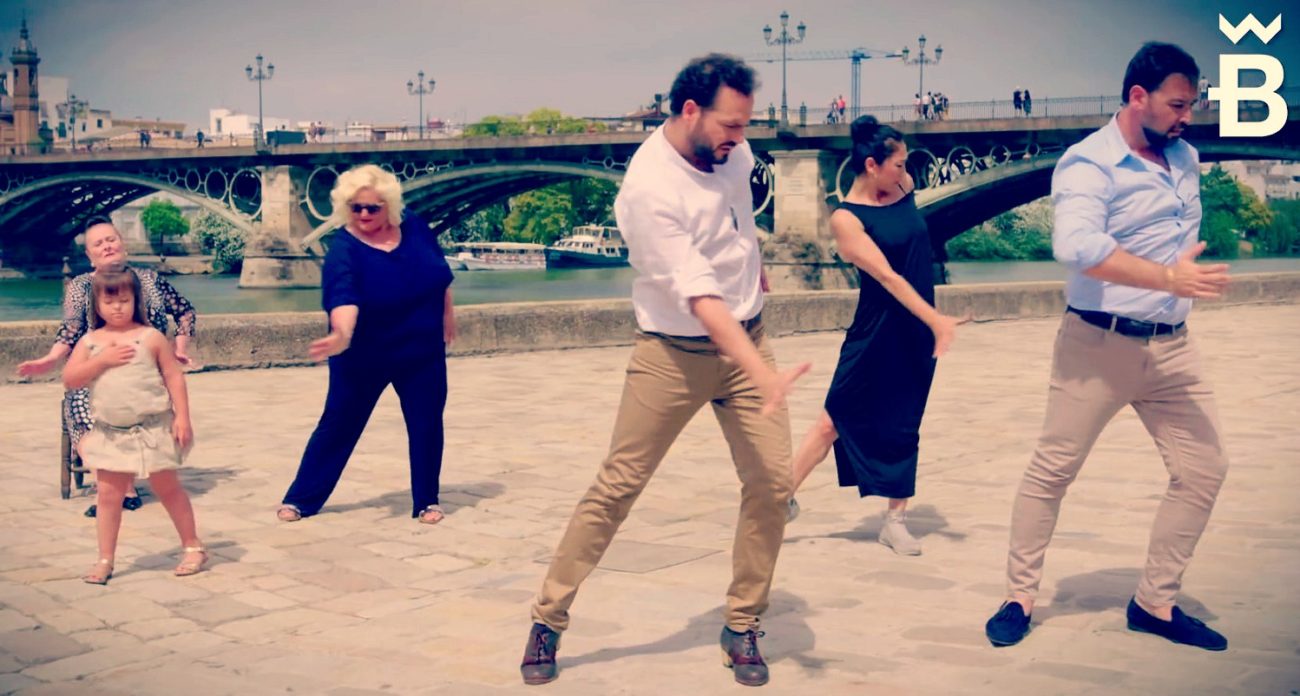Flamenco shouldn’t be a procession
I don’t quite agree that this idea of taking flamenco to the streets, like a procession, is a good idea to promote it. Rather, it’s a way to vulgarize it, as it happened with sevillanas many years ago. It’s seems like the goal is to get the whole world dancing por bulerías, which is not just impossible, but also absurd. It’s true that

I don’t quite agree that this idea of taking flamenco to the streets, like a procession, is a good idea to promote it. Rather, it’s a way to vulgarize it, as it happened with sevillanas many years ago. It’s seems like the goal is to get the whole world dancing por bulerías, which is not just impossible, but also absurd. It’s true that good aficionados will always be able to tell good from bad flamenco, but I don’t think this ever happens in any other musical genres, like, say, opera.
People may think that I’m suggesting to put flamenco back in private rooms, like in the old days. No, this is not what I mean. That was a time of great artists of cante, but it’s not a matter of going back to the fringes. I once talked about this with two cante heavyweights, Antonio Mairena y Luis Caballero, both already gone from this world, and they both agreed that cante needed to come out of the private rooms of the señoritos and take over the world and its best theaters. None of them knew that in the 19th century there were already flamenco artists and even companies performing all over the world, particularly in Europe and South America.
I won’t deny that nowadays flamenco is much better known than it was half a century ago, and perhaps it has a better image. A lot of work in behalf of flamenco have been done, and it’s already bearing fruit, because our artists are working year-round, both in Spain and overseas. Theaters are packed during the Festival de Jerez and the Bienal because many aficionados come here from all over the world. Those aficionados bring in money that they spend on trips, hotels and restaurants. A significant amount of money is spent in Seville as a result of the Bienal.
Yet, none of this justifies the vulgarization of arte flamenco in our own land, Andalusia, where nowadays just anybody is allowed to perform on a theater stage. Perhaps now is the time when we have to be most careful about what we offer to those who come from other countries to enjoy flamenco and sometimes don’t get the real thing. Probably that’s because there is a very high demand, but not as many good artists, I don’t know. I believe there are lots of good artists, but many of them haven’t rolled up their sleeves and have been left behind or just perform in peñas and tablaos.
Those who organize big festivals have a big responsibility, they must look after quality and ensure authenticity. However, this doesn’t always happen. I think that the Bienal de Sevilla, the best festival in the world, or the most influential, should stop doing small numbers on the streets and take better care of its programming. It should not be as repetitive, and they should stop this practice of letting just anyone perform in a theater.
The Bienal has just started and time will tell how it will turn out. Let’s hope for a good atmosphere and enjoy it as much as we can.
Translated by P. Young




